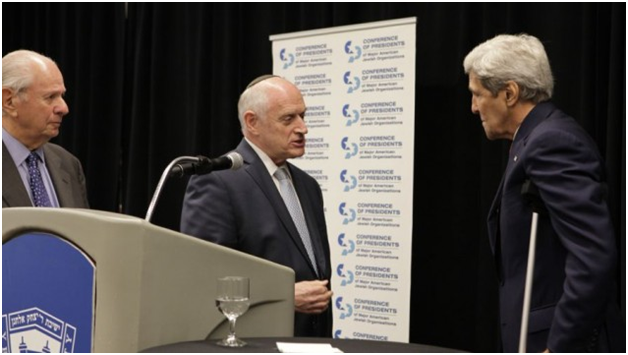There was a spirited panel discussion on the August 9, 2015 Lisa Benson Radio Show for National Security stemming from President Obama’s remarks on the Iran nuclear deal during his interview on CNN’s Farid Zakaria’s Global Public Square (GPS) Sunday morning program. Panelists Barry Shaw in Israel, Shoshana Bryen of The Jewish Policy of the Washington, D.C. based Jewish Policy Center and this writer. The interview was recorded last Thursday following the President’s speech at American University and contentious meeting with a select group of American Jewish leaders. It was alleged that he told them that “if they left off criticizing his deal, he would leave off criticizing them. That was a warning to the major American Jewish lobby group , the American Israel Political Action Committee. (AIPAC) and an affiliate, Concerned Citizens for a Nuclear Free Iran have funded a multi-million ad campaign opposing the President’s Iran nuclear deal up for a vote in Congress in Mid-September.
President Obama also asserted during the interview that the Republican opposition to the Iran nuclear deal was ideological and political and not dissimilar from so-called hardliners in Iran. In response to a question on this from Zakaria he said:
The reason that Mitch McConnell and the rest of the folks in his caucus who oppose this jumped out and opposed it before they even read it, before it was even posted, is reflective of an ideological commitment not to get a deal done. And in that sense they do have a lot in common with hard- liners who are much more satisfied with the status quo. What I said was that there are those who, if they did not read the bill before they announced their opposition, if they are not able to offer plausible reasons why they wouldn’t support the bill or plausible alternatives in preventing Iran from getting a nuclear weapon other than potential military strikes, then that would indicate that they’re not interested in the substance of the issue, they’re interested in the politics of the issue.
Zakaria asked, “Is it appropriate for a foreign head of government ( a reference to Israeli Pm Netanyahu] to inject himself into a debate that is taking place in Washington?“ The President responded:
You know, I’ll let you ask Prime Minister Netanyahu that question if he gives you an interview. I don’t recall a similar example. Obviously the relationship between the United States and Israel is deep, it is profound, and it’s reflected in my policies because I have said repeatedly and, more importantly, acted on the basic notion that our commitment to Israel security is sacrosanct. It’s something that I take very seriously, which is why we provided more assistance, more military cooperation, more intelligence cooperation to Israel than any previous administration.
But as I said in the speech yesterday, on the substance, the prime minister is wrong on this. And I think that I can show that the basic assumptions that he’s made are incorrect. If in fact my argument is right that this is the best way for Iran not to get a nuclear weapon, then that’s not just good for the United States, that is very good for Israel. In fact, historically this has been the argument that has driven Prime Minister Netanyahu and achieved consensus throughout Israel.
So the question has to be, is there in fact a better path to preventing Iran from getting a nuclear weapon than this one? And I’ve repeatedly asked both Prime Minister Netanyahu and others to present me a reasonable, realistic plan that would achieve exactly what this deal achieves, and I have yet to get a response. So, as I said yesterday, I completely understand why both he and the broad Israeli public would be suspicious, cautious about entering into any deal with Iran.
Notwithstanding the President remarks in the CNN Zakaria interview, New York Democratic Senator Charles E. Schumer and Bronx New York House Member, Elliott Engel, Ranking Member of the House Foreign Relations Committee and several other leading Democrat members of both the New York and California delegations have also opted to oppose the Joint Comprehensive Plan of Action announced in Vienna on July 14th and unanimously endorsed by the UN Security on July 22nd. Congress will reconvene after Labor Day for more Hearings and a vote to either approve or reject the Iranian nuclear deal. President Obama has threatened veto it if a majority of both the Houses of Congress vote to reject it.
Watch these CNN Video clips of President Obama interview with Farid Zakaria on August 9, 2015
On Israeli PM Netanyahu
On Iran’s Supreme Leader, Ayatollah Khamenei
On his American University Speech
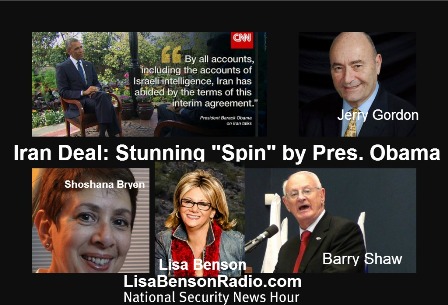 The following were important takeaways from the August 9th Lisa Benson Radio Show:
The following were important takeaways from the August 9th Lisa Benson Radio Show:
Israel’s History of Unilateral Actions against Iraqi and Syrian nuclear programs despite US Objections.
Barry Shaw speaking from Israel drew attention to Israeli attacks on the Osirak reactor in Saddam Hussein’s Iraq in 1981 and Syria’s al-Kibar reactor in September 2007. He noted that Israeli PM Menachem Begin suggested that his order for the so-called Raid on the Sun in Iraqi would set a precedent for future similar actions by his successors. Shaw noted the objections by the Reagan Administration and even US media characterizations of Israel’s actions as state sponsored terrorism . However a decade later in the 1990’s Dick Cheney , then Secretary of Defense expressed the thanks of the US for Israel’s action in 1981 during the Gulf War in 1991. Following, the 2007 Syria reactor raid, former Secretary of State Condoleezza Rice criticized Israel for not exhausting diplomatic efforts. Shaw noted that following the raid Syria let in the IAEA to inspect the reclaimed site of the former Al-Kibar nuclear bomb factory Shaw also reflected the views of a significant majority of Israelis backing PM Netanyahu’s intervention criticizing the Iran nuclear pact.
The Dangers of Obama’s Withdrawal of US Assets in the Region.
Shoshana Bryen drew attention to the dangers of withdrawal of US military assets in the Persian Gulf abetting the hegemonic objectives of Supreme Ayatollah Khamenei and the Islamic Regime IRGC. As of the fall, the US will have no carrier battle group in the Persian Gulf for the first time in decades. She went to note the President postulated that Saudi Arabia and Iran might find themselves coming closer on certain issues. If the Gulf States see their future with Iran, rather than with the US, we will not have a base in the Persian Gulf. The US Fifth Fleet in Bahrain and US facilities in Kuwait and Oman may not be able to use those facilities to attack Iran if, in fact, their governments see Iran as the key power for the future.
Military Option may have been taken Off the Table with Iran Weapons Purchases from Russia and China.
This writer drew attention to the Moscow trip of Quds Force commander Qasem Soleimani to meet with Russian President Putin and Defense Minister Shogui to speed up deliveries of the S-300 air defense system and the $10 billion oil barter deal with China for delivery of stealth fighters. He suggested that this was a breach of both UN travel bans on the Quds Force Commander as well as the UN resolution 1929 sanctions against purchase of conventional weapons and missile technology precluded on both five and eight sunsets under the JCPOA. It makes any military option harder by orders of magnitude. While both the US and Israel aren’t without resources of our own, Iran breaches of sanctions makes the decision to use American military power more complicated.
Iran North Korea Nuclear and ICBM Development Cooperation may already have developed a bomb
Host Lisa Benson drew attention to a recent American Thinker article co-authored by Bryen and her husband, Stephen, “Does Iran Already Have Nuclear Weapons?” The Bryens suggest that Iran may already have developed a nuclear weapon in cooperation with North Korea. This writer interviewed analyst Ilana Freedman regarding the same issue in a March 2014 NER article, “Has Iran Developed Nuclear Weapons in North Korea ?” The Bryens postulate that Iran may already have a small nuclear bomb that might be used as a threat in the region to provide a nuclear cover for hegemonic objectives. The motivation on the part of the North Korean, who earn hard currency through illicit transactions is receipt of funds from Iran, a member of the same original A.Q. Khan network that provided techno logy for the North Korean bomb making and Iran’s uranium enrichment centrifuges.
Plan B –Restoring Military Funding in support of National Security Objectives in the Middle East and NATO Allies in Eastern Europe and the Baltic States Threatened by Putin’s Russia
Notwithstanding , a possible veto of a Congressional resolution rejecting the Iran nuclear deal, Bryen and Gordon suggested that the Congress has to stop the hollowing out of our military capabilities under sequestration. That should be addressed in September when National Defense Act Appropriation bills come up for approval in both chambers. Bryen noted Plan B is precisely to end sequestration – which has to happen for American national security reasons including Iran and beyond Iran. The size of the Army has to increase (it is projected to decrease by another 40,000) and the drain of mid-level officers (Captains, Majors and LT Colonels) has to stop. Our Navy has to begin to restore ship building. She noted the fleet size is he smallest since WWI.
Poland and the Baltic States have requested a stronger NATO presence out of fear that Russia will do to them what it did to Ukraine. Ukraine was NOT a member of NATO, so there were mixed ideas about what to do, but Poland and the Baltic States are. If Russia thinks it can intimidate or even occupy parts of those states, simply because it sees the US as a waning power, NATO will be finished. With that, the remnants of American influence will be finished. We have to put troops in those places and do exercises in those places and we should reconsider installing the radars that President Obama declined to place in Poland and the Czech Republic when he first took office.
Listen to the Soundcloud of the August 9, 2015 Lisa Benson Radio Show
EDITORS NOTE: This column originally appeared in the New English Review.
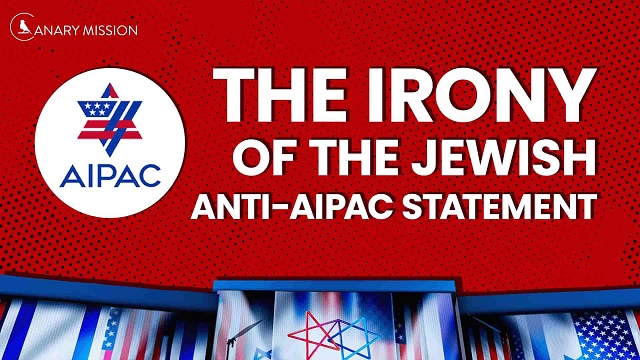

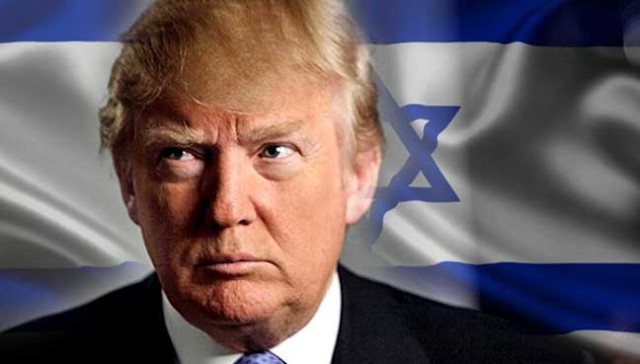
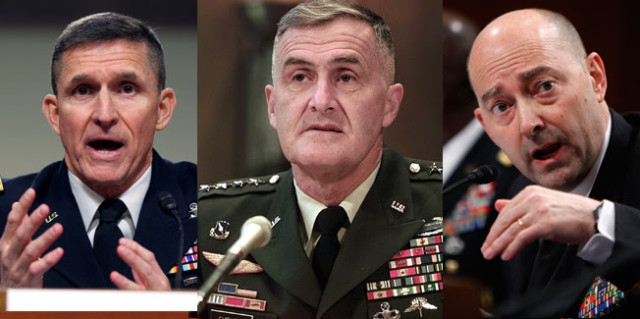
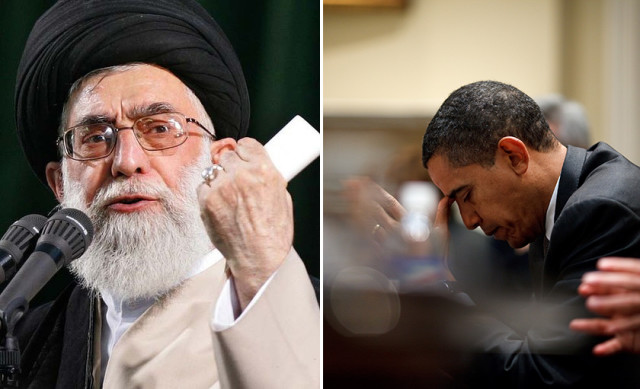
 The following were important takeaways from the August 9th Lisa Benson Radio Show:
The following were important takeaways from the August 9th Lisa Benson Radio Show: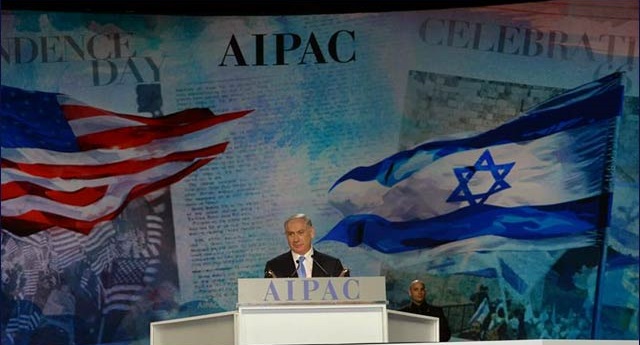
 This Times
This Times 
